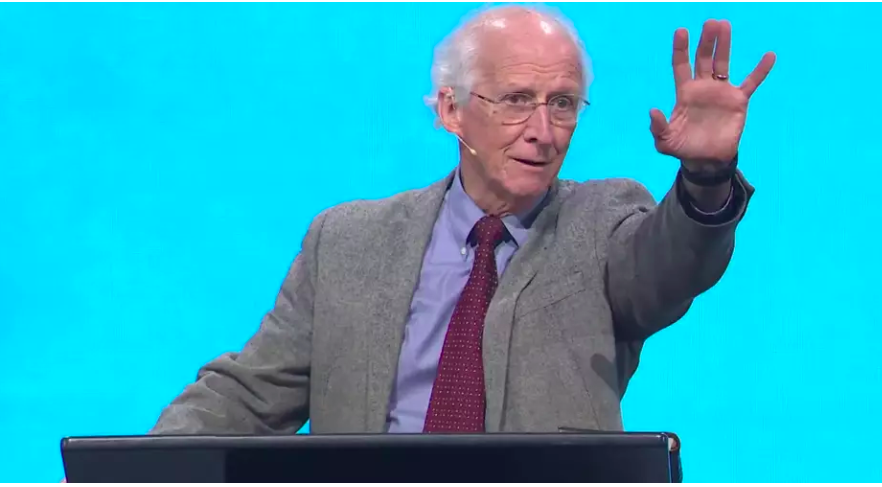John Piper Reads AI-Written Prayer, Questions Its Authenticity
In a recent episode of his “Ask Pastor John” podcast, theologian and author John Piper delved into the contentious issue of artificial intelligence (AI) in ministry. After reading a prayer generated by an AI model, Piper posed a critical question: “Is this true praise?” His reflections have ignited a broader conversation about the role of AI in spiritual practices.
Piper, founder of Desiring God and chancellor of Bethlehem College and Seminary, has long emphasized the importance of heartfelt worship. He argues that genuine praise stems from a deep emotional connection to God, something he believes AI inherently lacks. “Worship is not simply right thinking, which computers can do. Worship is right feeling about God,” Piper stated.
During the podcast, Piper recounted an experiment where he asked ChatGPT to compose a sermon in his theological style. While the AI-generated sermon was structurally sound and theologically accurate, Piper found it devoid of the spiritual depth that characterizes authentic preaching. He described the experience as “appalling,” emphasizing that such practices could mislead congregations.
Piper’s concerns extend beyond sermons to other ministry communications. He cautioned against using AI to draft newsletters or other materials without proper attribution, labeling it as deceptive. “Don’t use it for composition unless you’re going to give credit for it,” he advised.
The theologian’s apprehensions resonate with others in the religious community. Hershael York, a pastor and professor at The Southern Baptist Theological Seminary, remarked, “It lacks a soul—I don’t know how else to say it.” Similarly, Rabbi Joshua Franklin, after delivering an AI-written sermon, expressed unease about the lack of empathy and community understanding in AI-generated messages.
Despite these concerns, some see potential in using AI as a tool for ministry. The Rev. Lorenzo Lebrija, executive director at TryTank Research, views AI as an augmentative resource, stating that it “can allow us to grow deeper into the Episcopal faith.” However, he emphasizes that AI should never replace human interaction in spiritual contexts.
Piper’s primary contention lies in the authenticity of worship and the integrity of pastoral duties. He believes that the use of AI in composing sermons or prayers undermines the personal engagement and spiritual discernment required in ministry. “If you’re going to have ChatGPT write your first draft and you’re going to tweak it, then you better say to your people, ‘ChatGPT, artificial intelligence, has composed the word of God for you this morning,'” he asserted.
The debate over AI’s role in religious practices is ongoing. While technology offers new avenues for engagement and outreach, many, like Piper, urge caution. They stress the irreplaceable value of human emotion, experience, and divine inspiration in worship and ministry.
As AI continues to evolve, religious leaders and communities are faced with the challenge of integrating technological advancements without compromising the essence of their faith. The discourse initiated by Piper serves as a reminder of the importance of authenticity and the human touch in spiritual endeavors.

